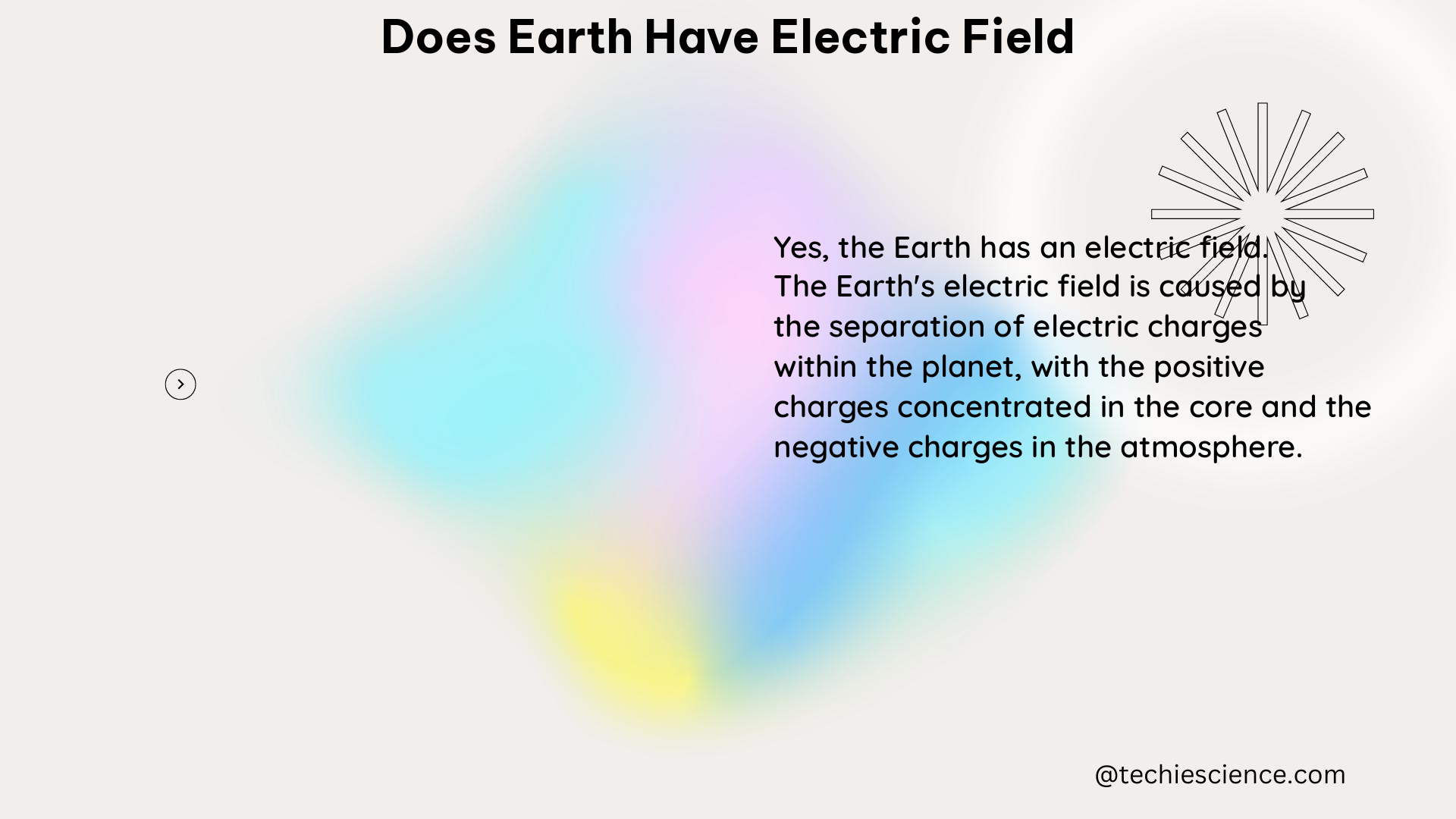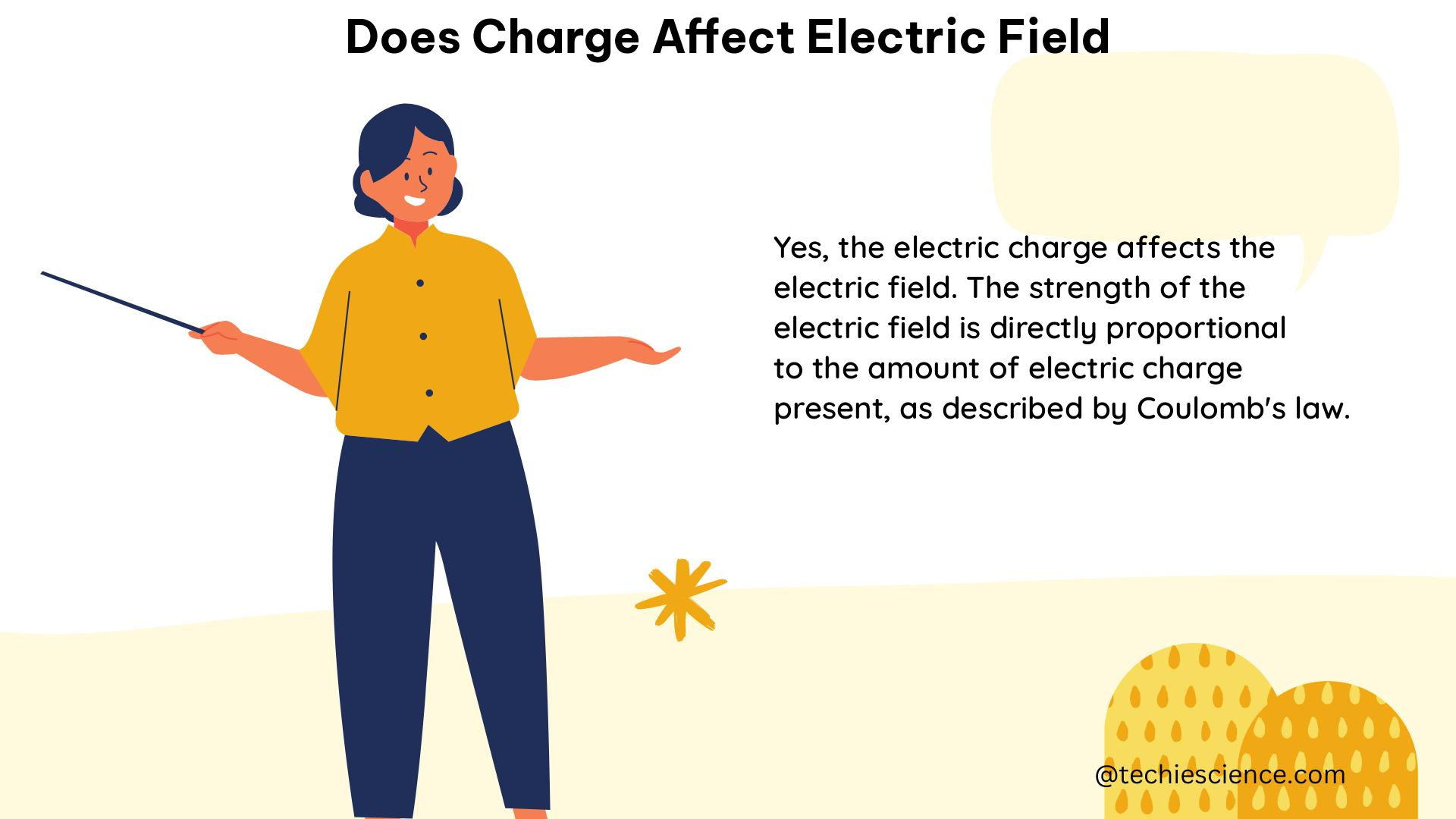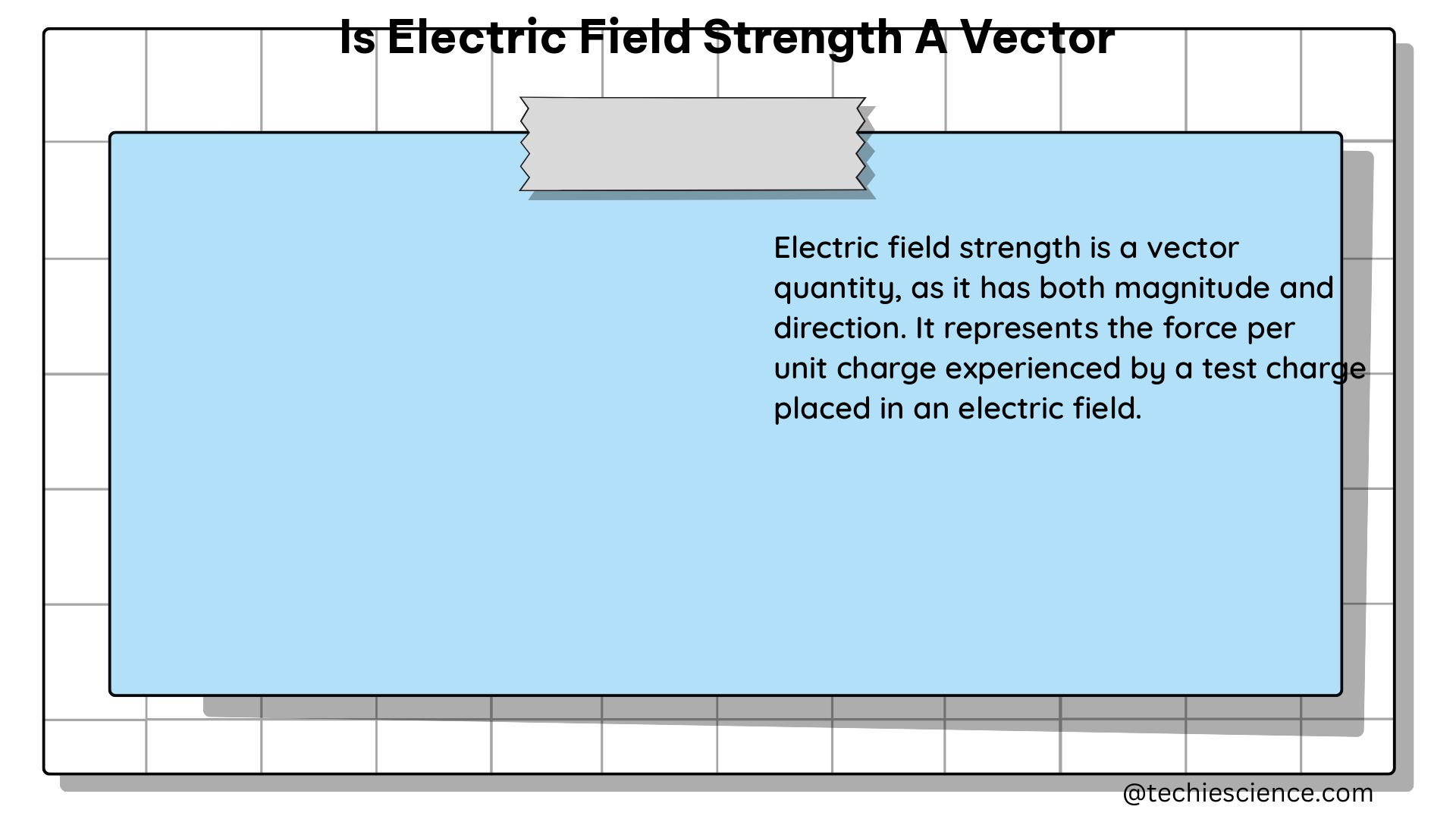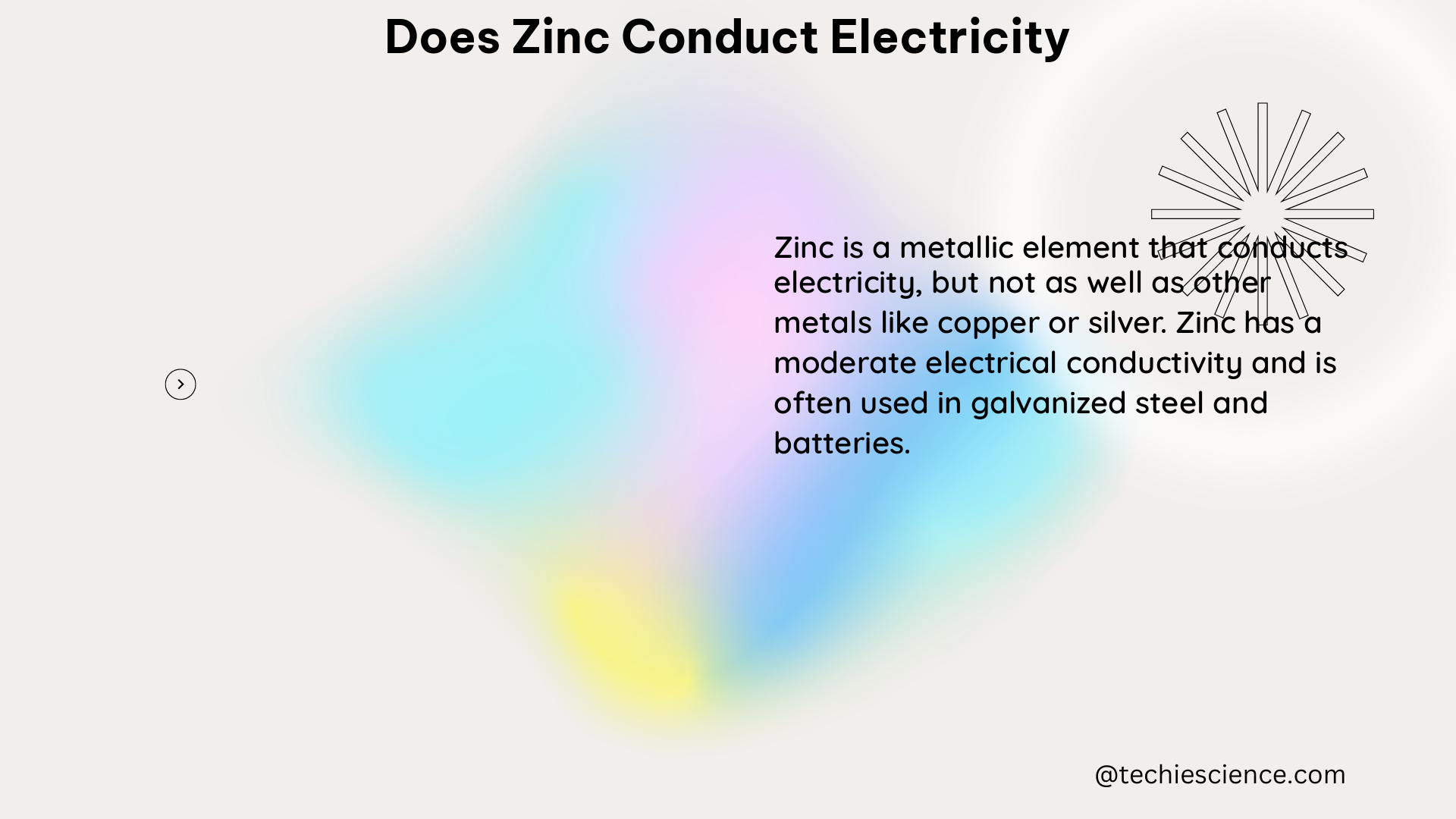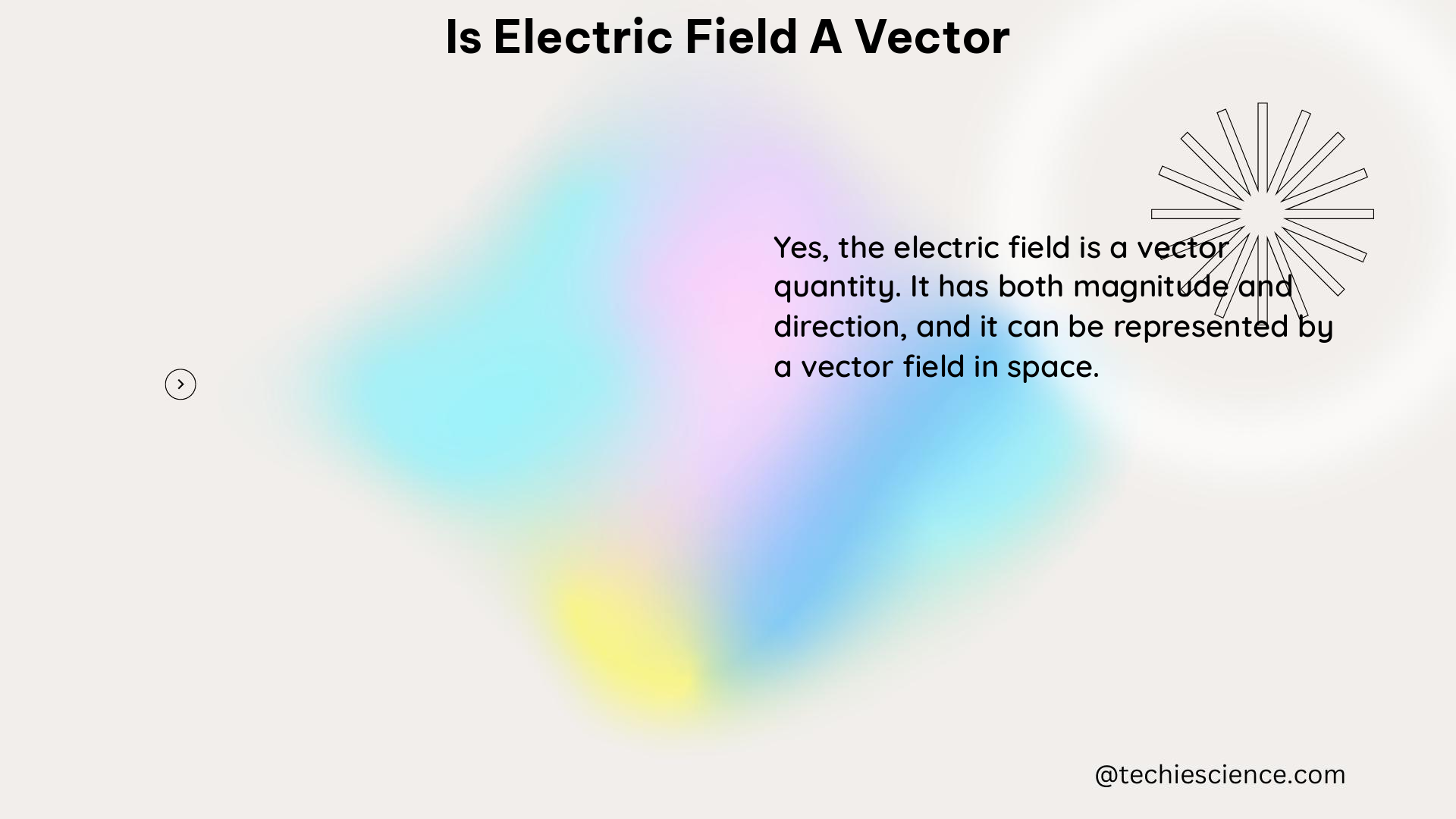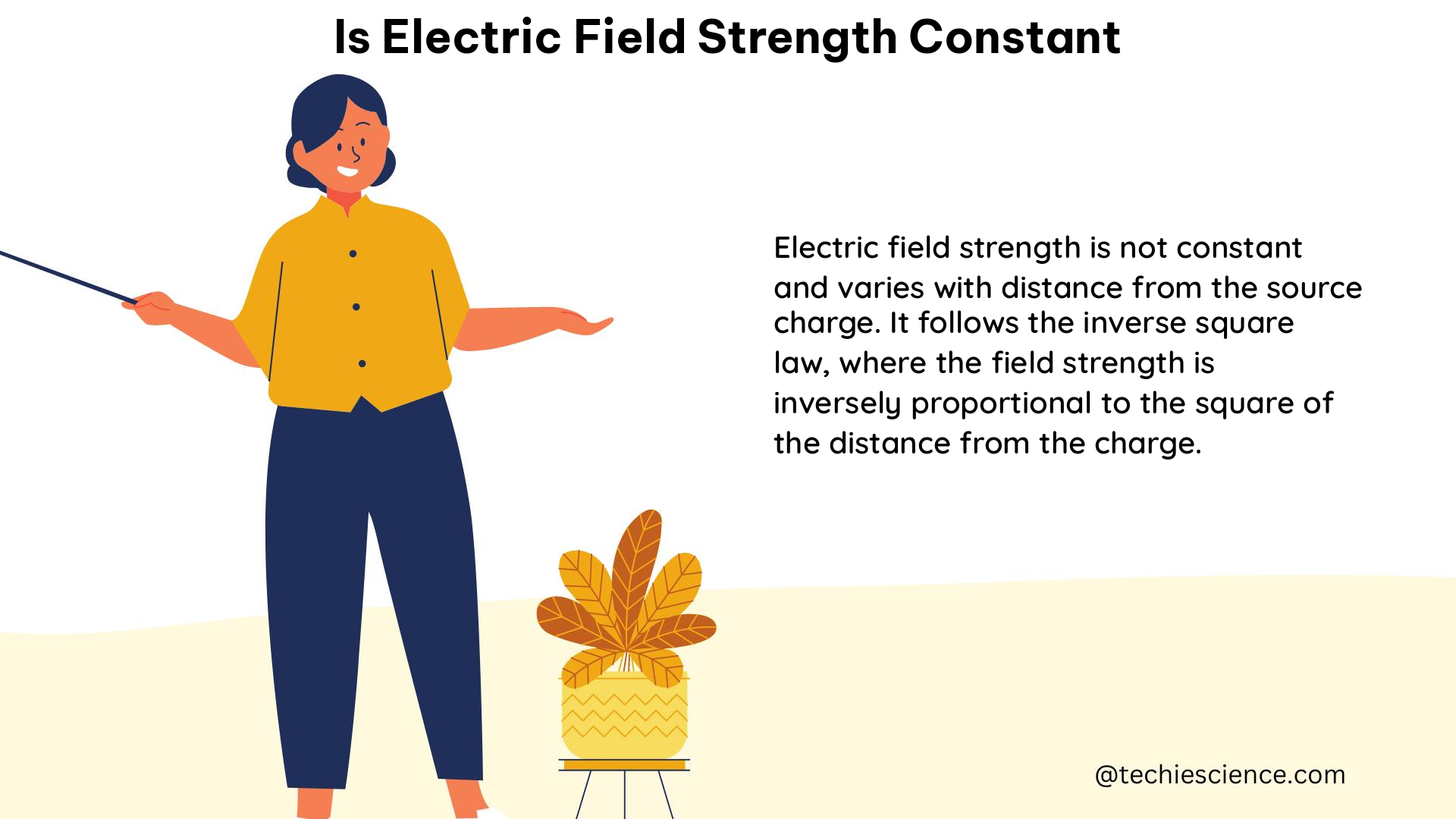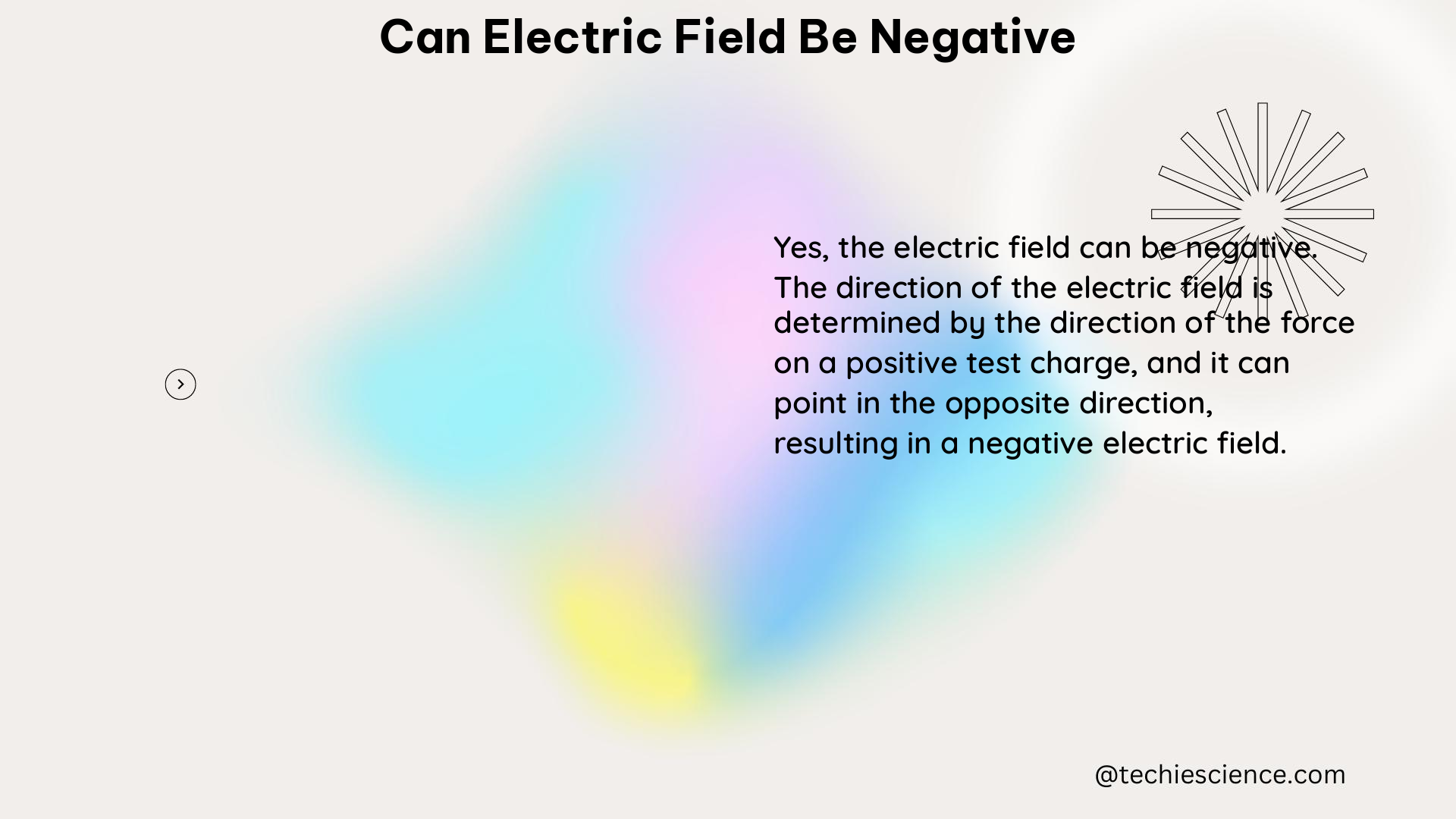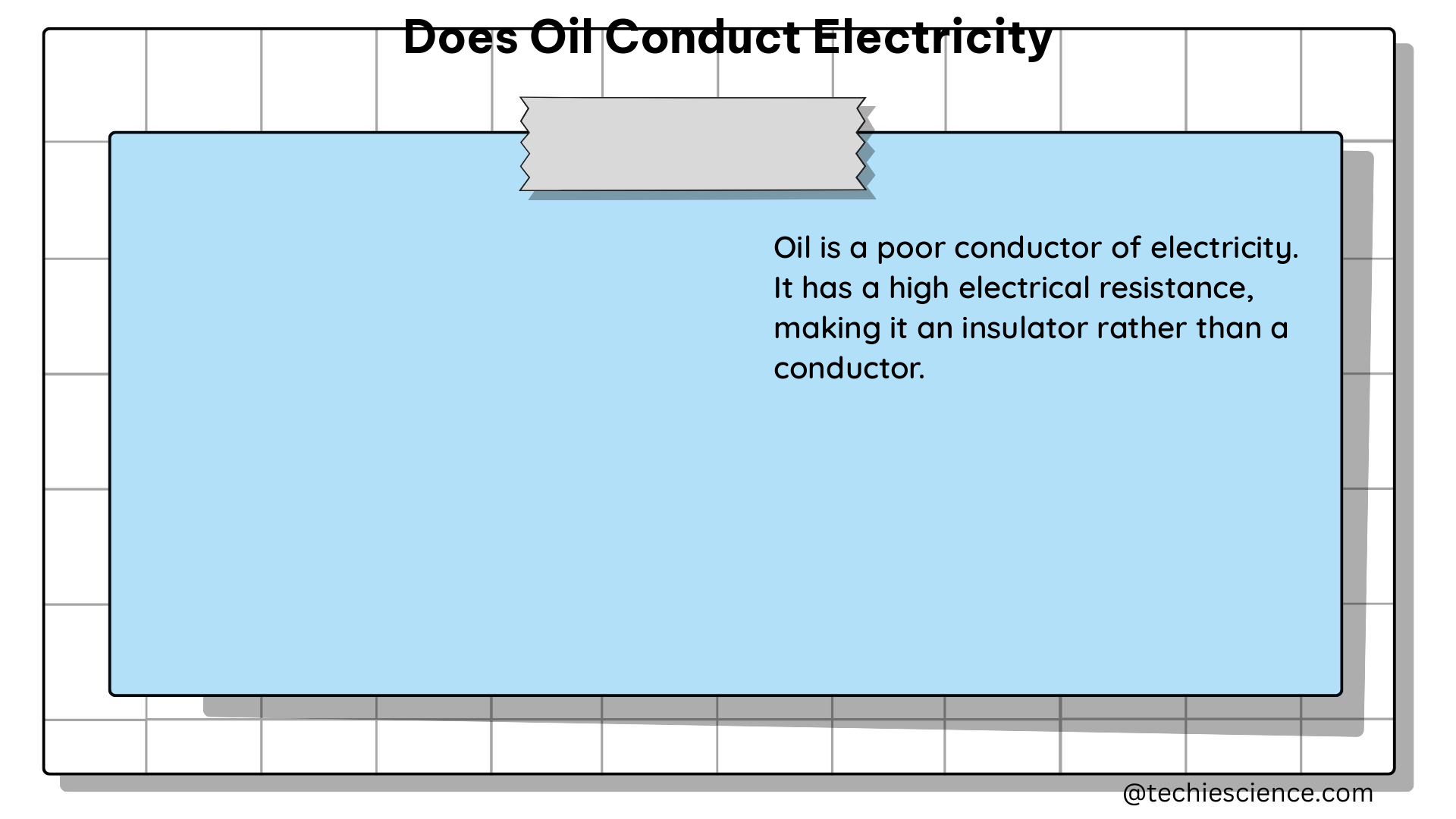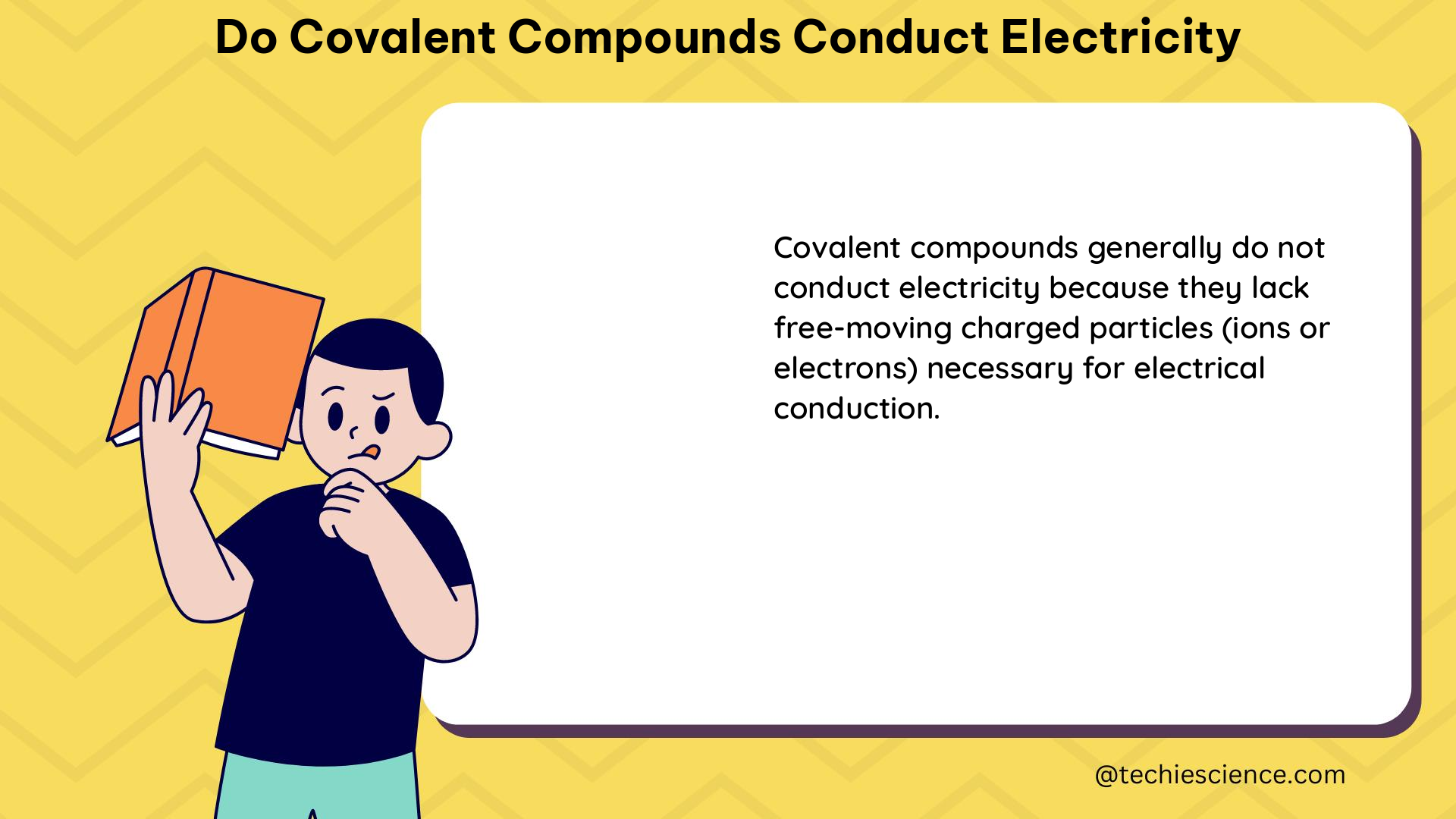Does Earth Have an Electric Field?
The Earth has both an electric field and a magnetic field, which are crucial components of the planet’s geophysical environment. The electric field is produced by electrical activity in the atmosphere, such as thunderstorms, and is measured in volts per meter (V/m). The magnetic field, on the other hand, is generated by currents deep within … Read more
